New Delhi, Delhi, 1st of September, 2024 : A day long open house discussion on the rights of fishermen organized by the National Human Rights Commission (NHRC), India, in collaboration with Damodaram Sanjivayya National Law University (DSNLU) at its Visakhapatnam campus concluded with many significant suggestions to ameliorate the cause of human rights of fishermen. Smt. Vijaya Bharathi Sayani, Acting Chairperson, NHRC, chaired the discussions. She said that the fishermen community plays an important role in advancing India’s economy. Therefore, protecting their rights and addressing the related challenges is vital for their livelihood with dignity.
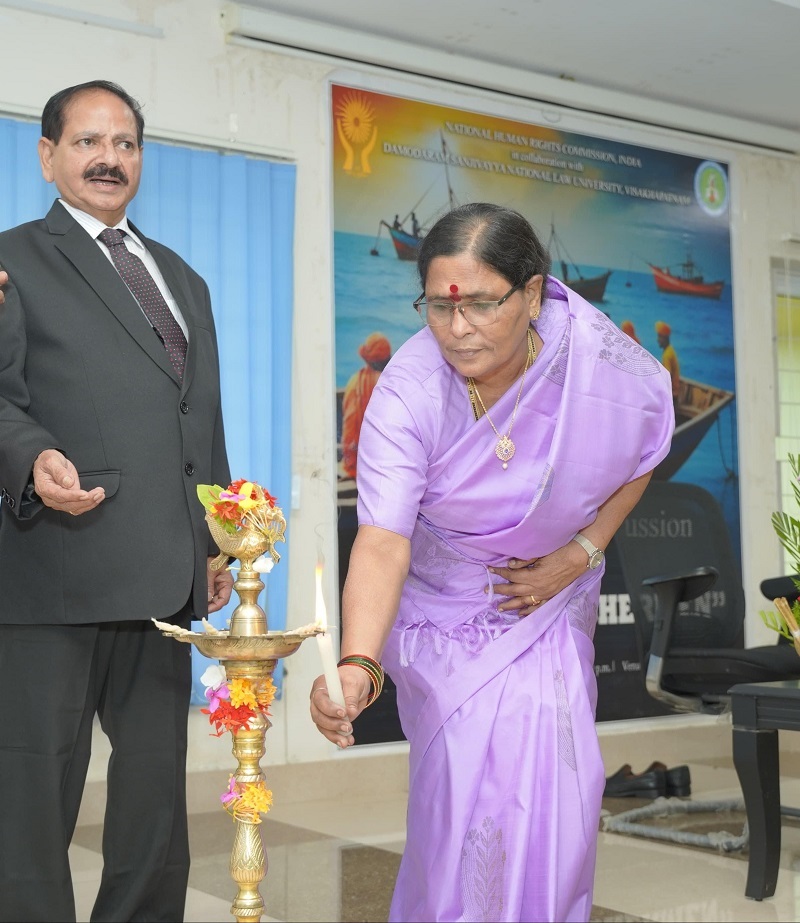
She said that the Commission is committed to protecting the rights of fishermen.In this context, she also mentioned the initiatives taken by the Commission for protecting the seafarer’s rights. She highlighted various facets of the Commission’s functioning and diverse areas of its interventions for protecting and promoting rights of various vulnerable segments of society and various advisories issued in this regard to the authorities in the centre, states and union territory administrations.
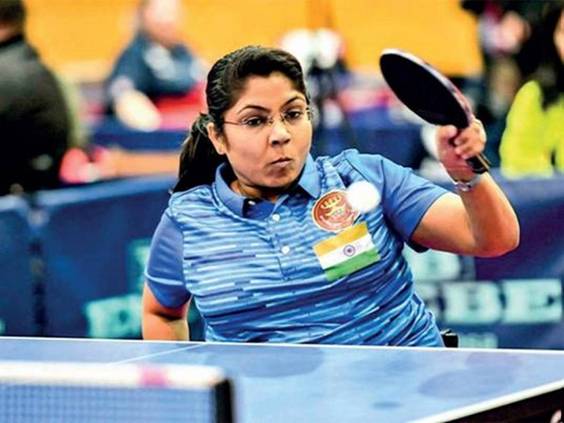
Earlier, Prof. D. Surya PrakasaRao, Vice Chancellor of DamodaramSanjivayya National Law University (DSNLU) welcomed the participants and gave an overview of the discussions, which was divided into three technical sessions. These included, Human rights violations of India’s fishingcommunities, Fishing rights and environmental issues andSocial security measures and welfare schemes for fishermen.
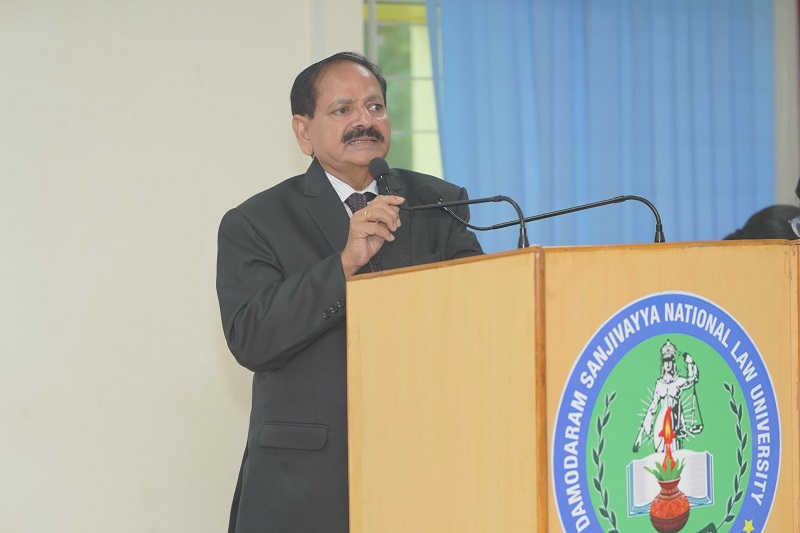
The speakers in the first session on Human rights violations of India’s fishing communities highlighted the critical role of fisheries in the economy and the challenges faced by them due to hazardous working conditions. They said that despite laws aimed at protecting fishermen, their human rights abuses persist for which building awareness is necessary. They also stressed the need for sustainable fishing practices, climate resilience, and international cooperation to protect fishermen’s rights and livelihoods. Prof. E. UdayaBhasker Reddy, Andhra University emphasized the right to a healthy environment, underscoring the impact of pollution and the need to respect nature. Dr. DeepaSuman, Senior Executive(Tech), NFDBunderscored the importance of the PradhanMantriMatsyaSampadaYojana, which supports the fishing community through safety measures, insurance, and infrastructure development.
In the second technical session on Fishing rights and environmental issues, Dr. Joe K. Kizhakudan, ICAR -CMFRI highlighted the challenges faced by fishermen in Andhra Pradesh due to poor governance, contrasting with better conditions in Maharashtra and Tamil Nadu. He said that the fishermen from Srikakulam are migrating to Odisha due to unfavorable conditions. Dr. S.S. Raju, ICAR -CMFRI discussed generational entrapment in fishing, lack of alternative jobs, poor living conditions, and environmental degradation from industrial waste. He called for Minimum Support Prices (MSP) and better safety measures. Dr. DivyaKarnad, AshokaUniversity, Sonipat and Prof. V. Raja Lakshmi formerly with Andhra Universityemphasized the need to protect traditional fishermen’s rights, provide essential services, and consider both community and individual approaches to support their welfare.
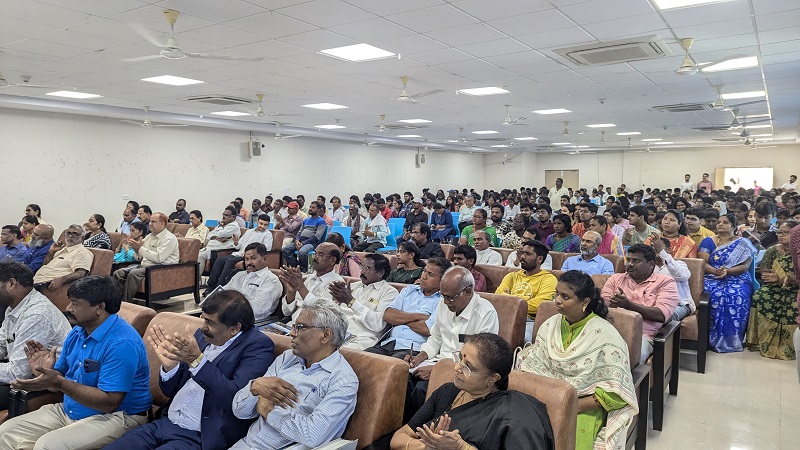
In the third technical session on Social security measures and welfare schemes for fishermen, Dr. Ch. Benarji,Dean and Professor of Law,School of Law, VIT-AP Universityhighlighted the legal challenges faced by Indian fishermen who are arrested when crossing into Bangladeshi waters. He emphasized the need for education on maritime laws and the law of the seas, urging local law schools like DSNLU to engage in outreach and education efforts for fishermen. He also discussed the complexities of unclear sea boundaries, especially around Katchatheevu, and advocated for legal frameworks and insurance coverage to protect fishermen who inadvertently cross international waters.
In the concluding session, the discussion was opened to representatives from the fishing community. They took this opportunity to articulate the pressing challenges faced by their communities, including the limited awareness of government programs and the detrimental effects of illegal coastal development and pollution.
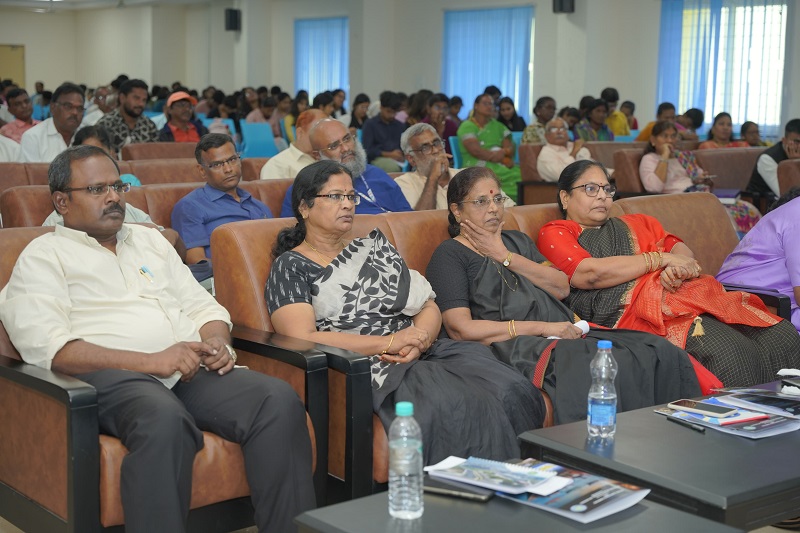
Some of the key suggestions that emerged during the discussions were as follows:
• Education and awareness of fishermen community on maritime laws and the law of the seas to promote sustainable fishing through institutions based in coastal areas necessary;
• Awareness of government programs for fishermen welfare also needs to be augmented;
• The detrimental effects of illegal coastal development and pollution impacting marine ecosystem around coastal areas need to be checked;
• Empower and protect fishermen by advocating their rights to safe working conditions, fair compensation, and access to essential services;
• Coastal states need to collaborate on adopting best practices of each other for fishermen welfare to check their inter- state migration.

The participants included representatives from the Department of Fisheries, Government of India, and professors from Andhra University, Ashoka University, and other academic institutionslike the Indian Council of Agricultural Research, Central Marine Fisheries Research Institute (ICAR- CMFRI), National Fisheries Development Board, as well as international and national NGOs, CSOs, and private institutions. The event also witnessed participation of around 50 Fishermen and their families.









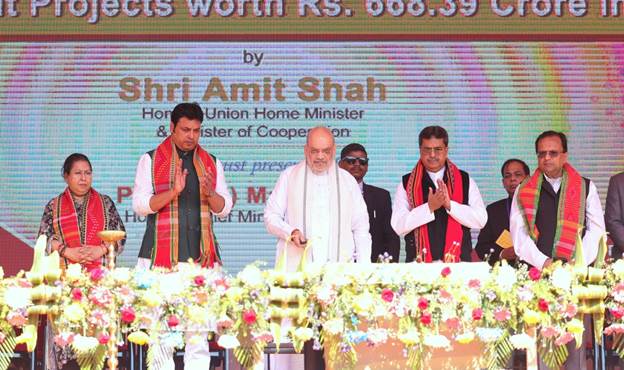
More Stories
Ministers Of Uttar Pradesh Call On The Governor And Invited To Attend The MahaKumbh-2025 In Prayagraj.
IIM Nagpur-Ivey Case Conference 2024 : A Global Platform For Business Management Trends.
Union Home Minister And Minister Of Cooperation, Amit Shah, Inaugurates And Lays The Foundation Stone For Various Development Projects Worth Over ₹668 Crore In Dhalai, Tripura.